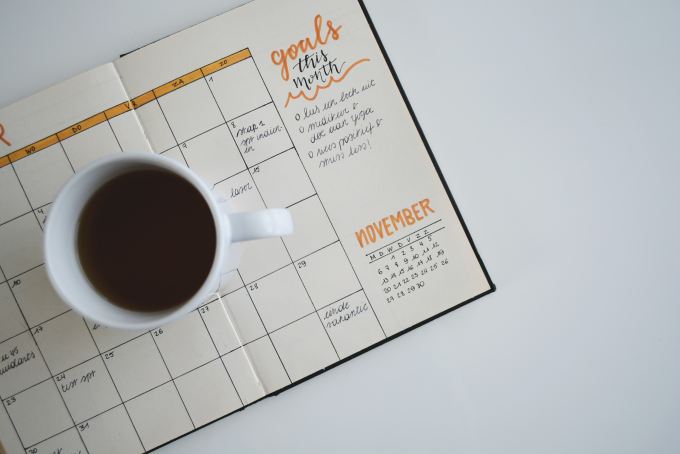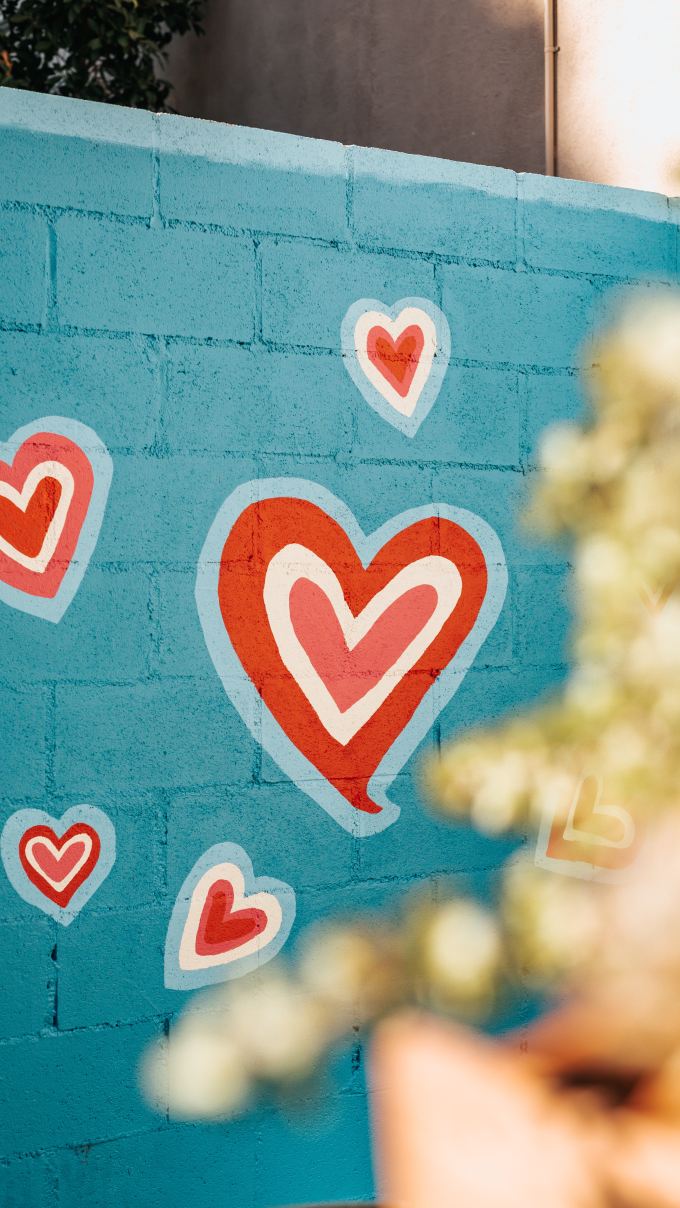TW: This series and my review about it concern grooming and sexual assault
About
This three-episode docuseries, available on Disney+ explores a case featured in the (apparently) well-known podcast – Betrayal (season 1).
In 2019, teacher Spencer Herron was arrested for sexual assault of a pupil and eventually pleaded guilty. This shocked everyone around him who saw him as a happy husband and passionate teacher, who taught at the local high school (whilst occasionally doing music work with the army.)
The series mainly follows Jenifer Faison, a reality TV producer (if I recall correctly) Spencer’s ex-wife, and the Betrayal podcast host who unpack the series of events and discoveries that follow Spencer’s arrest.
My thoughts
Although I am a massive podcast fan, particularly of stories told in an investigative manner (think Serial, Dirty John and Hoaxed), having visuals to aid the storytelling for this particular story was useful and refreshing. As someone who is a fan of efficiency too, I suspect the series tells the story slightly faster than the podcast does so I feel like I’ve won back more of my time overall! Although I’m sure referring to the podcast is a good idea if you want further details possibly not covered in the series.
Sexual predators have a knack for being able to wear different masks accordingly. They do so with strategy and at all times. Why? Because without such deceit, their offenses would not be possible. Grooming and any assault that follows thrives on secrecy. Jennifer describes how Spencer was nothing but loving towards her, she recalls fond memories of him being attentive and doting as a boyfriend, and later as her husband. It’s why what happened next (i.e. him being arrested) was a rather abrupt series of events for her – she never saw it coming from a million miles away. And with one arrest her life started to collapse around her as more secrets were revealed.
Wearing masks, or rather crafting public perception carefully means that predators are always under the radar. Spencer is described as a popular teacher, the one the kids found ‘cool’. He even won a Teacher of the Year award in their district, for goodness sake. This is important to note because it means when allegations of such come out people usually react first with incredulity – ‘Spencer doing that? Surely not’. He’s such ‘a good man’. Of course, this isn’t true, he’s worked hard to ensure you only see a manufactured positive side to him that would ensure he avoided suspicion. It also paints a picture of what a survivor is up against if they want to speak out – who would believe that Mr Good guy teacher would do such a thing? The next assumption is that the accuser must have an agenda up their sleeves. Belief in their claims and solidarity with the survivor never occurs as an option to some. The uphill mountain can be steep enough for survivors to be scared silent altogether. However, there’s so much power in speaking out and I appreciate they were able to dedicate an episode to the survivor, Rachel’s story.
I think this series, although on a topic that is sadly not new, is done well and handled very sensitively. It explores the raw emotions and talks with various people affected by the chain of events – from Jennifer herself who had to deal with the unprecedented events of the person she was married to being an abuser and serial adulterer, to Jennifer’s parents and the various pupils taught by Spencer Heron. There was a saddening moment when Jennifer’s mum in the middle of talking said that this was the first time, she’d properly acknowledged that she had so much anger about this situation. It was a striking moment for her and one that stuck with me – I nearly welled up at that moment actually.
Properly respecting the story and experiences of those affected by a crime is always a sign of a good documentary or podcast for me. We often spend too long trying to psychoanalyse and ‘understand’ criminals themselves and whilst I can understand the appeal it means we often lose the voices of survivors in the process. A balance must be struck and this series aside, many media outlets have a lot of work to do in that regard.
It’s confirmed what I’ve always thought – that unfortunately, many sex offenders do not get as harsh a sentence as they deserve for the damage, they’ve inflicted on the community they reside and offend within. Whilst no bodies have to be buried, the scars they leave are deep and painful, often never leaving those affected – especially direct victims.
Recommend?
Anyway, I would recommend the watch – it’s very informative, the series is peppered with psychological insight from professionals which helps dive deeper into the story it’s covering but be warned it’s not an easy one.
_____
For reviews of a similar topic, click here (Netflix series, the Trials of Gabriel Fernandez) or here (review of book, My Dark Red Vanessa).
Photo by Mick Haupt on Unsplash










